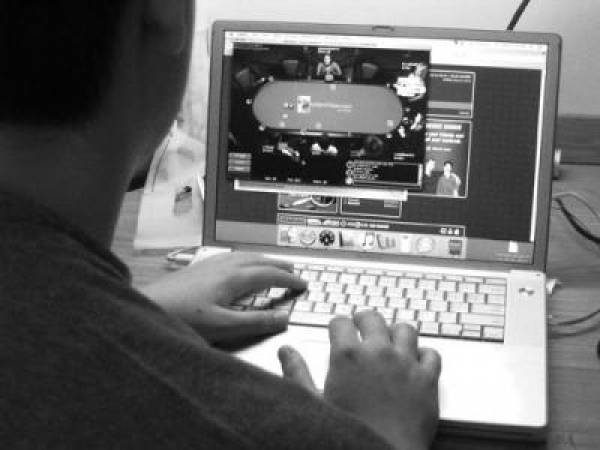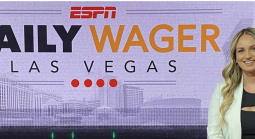Internet Gambling Ban Contested as Unconstitutionally Vague

If neither financial institutions nor the Treasury Department and Federal Reserve know which transactions to bar as payment for illegal Internet gambling, the federal ban should be scrapped, the Interactive Media Entertainment and Gaming Association told the 3rd U.S. Circuit Court of Appeals. The group's members include companies that offered Internet gambling until Oct. 2006, when the Unlawful Internet Gambling Enforcement Act was enacted, who have lost their business, been prosecuted by the U.S. government or both, it said.
The group, which failed to get an injunction against the law in the U.S. District Court in Trenton, N.J., also said the UIGEA violates recent Supreme Court precedent on the leeway granted to citizens to do as they wish in their homes. That includes multiple high court rejections of the Child Online Protection Act (COPA), and the 3rd Circuit's rejection of a government appeal seeking to have the case heard en banc (WID Sept 16 p6), the group said.
The UIGEA appears to overreach its stated mission of enforcing existing federal and state law, the group's filing said. The Wire Act bars "transmission of bets or wagers," but the ban says to "place" or receive" a bet is outlawed and applies to the Internet, meaning the UIGEA violates its own rule -- that it can't be construed as "altering, limited or extending" existing law, the group said. Similarly, the Travel Act isn't violated when a "gambling offense" happens outside the U.S., they said.
Association members can't be sure where a bet is coming from because bettors can mask their actual locations, the filing said. Some state laws don't actually punish Internet gambling, so if a person is in a moving vehicle near a state line, a bet "may become unlawful by the time the bettor presses the 'send' button of her Blackberry as the car reaches [the] other side of the border." The Internet gambling operator risks jail time if it doesn't reject all transactions for which it can't fix a location, the filing said, since an operator still would be criminally liable even if a bettor lies about his location. That criminal punishment for "knowingly" engaging in a behavior is the same flaw that sank COPA at the Supreme Court, the association said.
To decide what's illegal in any given state, an operator must "simultaneously undertake for each transaction a detailed legal and comprehensive analysis of an impenetrable and open-ended jungle of statutes and case law, each prone to conflicts and nuance," the filing said. Four states expressly bar individual bettors from gambling online, and six more "might conceivably be construed" to that effect, but the rest are silent -- and, unpredictably, some states may decide to apply their offline gambling laws to Internet activity. The group cited a House hearing this year in which federal regulators and financial representatives noted the difficulty of judging an online wager's legality in a jurisdiction.
The courts shouldn't wait for an alarming confluence in which several states assert jurisdiction over interstate Internet gambling insofar as it affects them, the filing said. A statutory change as simple as "any Internet bet that originates in this state is deemed made and received here" would leave association members scratching their heads as to which law applies to any given wager, the association said. The filing offers many hypotheticals that it says show the 3rd Circuit how UIGEA fails in its effort at confidently interpreting a given scenario.
The association compared the Internet gambling ban to bans on sodomy and on potential viewing of porn by minors that the Supreme Court has struck down as punishing private conduct that doesn't harm others. The court's decision in Lawrence v. Texas has trickled down to sex-toy retailers, online and offline, whom the 5th U.S. Circuit Court of Appeals said cannot be barred from selling under a Texas anti-sex toy law, the filing said.
Filtering technology's adequacy to fix a bettor's location came up in the filing, which noted that COPA's constitutionality largely has rested on filtering software efficiency. The court there found filtering software a less intrusive means of blocking minors from viewing porn, and the same should hold for Internet gambling operators, despite a chance that a bettor is misrepresenting his location, the association said.
--
Greg Piper, Washington Internet Daily













